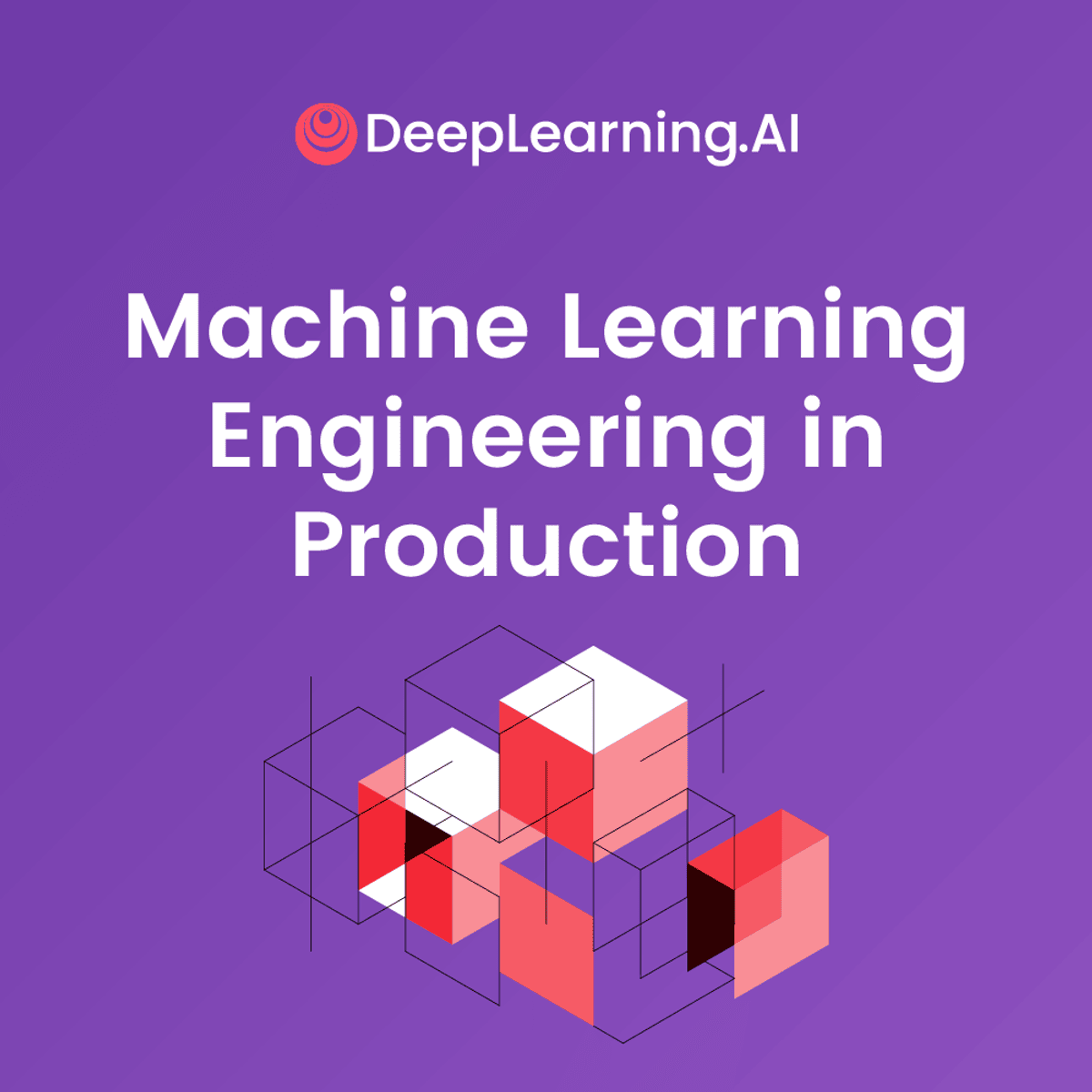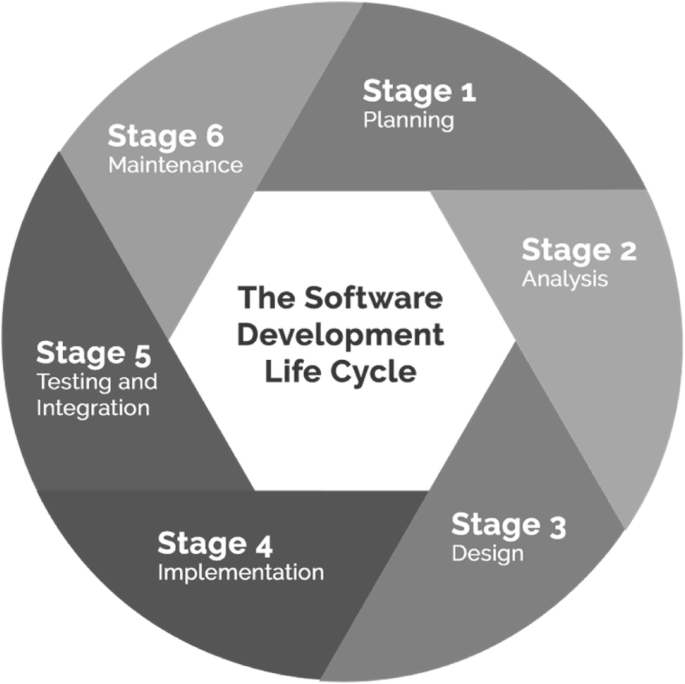All Categories
Featured
Table of Contents
- – The Greatest Guide To Machine Learning Crash C...
- – Not known Factual Statements About How To Beco...
- – More About Machine Learning In A Nutshell For...
- – See This Report about Embarking On A Self-tau...
- – Certificate In Machine Learning for Beginners
- – Some Known Questions About Generative Ai For...
My PhD was one of the most exhilirating and exhausting time of my life. Suddenly I was bordered by individuals that can address difficult physics inquiries, understood quantum mechanics, and can generate interesting experiments that got published in top journals. I seemed like a charlatan the whole time. However I dropped in with a great team that motivated me to check out points at my very own speed, and I spent the following 7 years finding out a lots of points, the capstone of which was understanding/converting a molecular characteristics loss function (consisting of those shateringly found out analytic by-products) from FORTRAN to C++, and composing a gradient descent regular straight out of Numerical Recipes.

I did a 3 year postdoc with little to no device knowing, just domain-specific biology things that I really did not find intriguing, and lastly took care of to get a work as a computer system scientist at a national lab. It was an excellent pivot- I was a concept private investigator, implying I might request my very own grants, write papers, etc, yet really did not have to teach courses.
The Greatest Guide To Machine Learning Crash Course For Beginners
I still didn't "get" maker learning and wanted to function somewhere that did ML. I attempted to obtain a task as a SWE at google- experienced the ringer of all the difficult inquiries, and ultimately got rejected at the last step (thanks, Larry Page) and mosted likely to function for a biotech for a year before I finally procured hired at Google throughout the "post-IPO, Google-classic" period, around 2007.
When I reached Google I rapidly browsed all the tasks doing ML and located that than advertisements, there actually wasn't a great deal. There was rephil, and SETI, and SmartASS, none of which appeared even remotely like the ML I had an interest in (deep neural networks). So I went and focused on various other things- discovering the distributed technology under Borg and Giant, and mastering the google3 stack and manufacturing atmospheres, primarily from an SRE perspective.

All that time I 'd spent on artificial intelligence and computer system infrastructure ... went to writing systems that packed 80GB hash tables right into memory so a mapmaker can compute a tiny part of some gradient for some variable. Sibyl was really a dreadful system and I obtained kicked off the team for telling the leader the right means to do DL was deep neural networks on high efficiency computing equipment, not mapreduce on cheap linux cluster equipments.
We had the data, the algorithms, and the calculate, at one time. And even better, you really did not require to be within google to take benefit of it (except the huge data, and that was altering promptly). I comprehend enough of the math, and the infra to lastly be an ML Designer.
They are under intense pressure to get outcomes a few percent better than their partners, and after that when released, pivot to the next-next point. Thats when I thought of one of my regulations: "The absolute best ML models are distilled from postdoc tears". I saw a few individuals break down and leave the sector for good just from servicing super-stressful projects where they did wonderful work, yet only reached parity with a competitor.
Imposter syndrome drove me to conquer my imposter disorder, and in doing so, along the means, I learned what I was chasing after was not really what made me pleased. I'm much more satisfied puttering regarding utilizing 5-year-old ML tech like item detectors to enhance my microscopic lense's capability to track tardigrades, than I am trying to become a well-known scientist who unblocked the difficult problems of biology.
Not known Factual Statements About How To Become A Machine Learning Engineer - Exponent

I was interested in Equipment Knowing and AI in college, I never had the possibility or patience to seek that passion. Currently, when the ML field expanded tremendously in 2023, with the most current developments in big language versions, I have an awful longing for the roadway not taken.
Scott speaks about exactly how he finished a computer system science level simply by adhering to MIT curriculums and self researching. I Googled around for self-taught ML Designers.
At this point, I am not certain whether it is feasible to be a self-taught ML engineer. I plan on taking programs from open-source programs readily available online, such as MIT Open Courseware and Coursera.
More About Machine Learning In A Nutshell For Software Engineers
To be clear, my objective here is not to construct the next groundbreaking model. I simply want to see if I can get a meeting for a junior-level Artificial intelligence or Data Engineering task after this experiment. This is simply an experiment and I am not attempting to change right into a duty in ML.

I plan on journaling about it weekly and documenting every little thing that I research study. An additional please note: I am not going back to square one. As I did my undergraduate degree in Computer Design, I recognize several of the principles needed to draw this off. I have strong history understanding of single and multivariable calculus, straight algebra, and stats, as I took these training courses in school about a decade earlier.
See This Report about Embarking On A Self-taught Machine Learning Journey
I am going to concentrate generally on Maker Discovering, Deep learning, and Transformer Design. The goal is to speed up run with these first 3 programs and obtain a solid understanding of the essentials.
Now that you've seen the course referrals, here's a fast guide for your understanding machine finding out journey. We'll touch on the prerequisites for a lot of maker finding out courses. A lot more advanced courses will require the following knowledge before starting: Straight AlgebraProbabilityCalculusProgrammingThese are the basic components of having the ability to understand how equipment finding out jobs under the hood.
The initial course in this list, Artificial intelligence by Andrew Ng, consists of refreshers on many of the mathematics you'll need, yet it may be testing to find out device understanding and Linear Algebra if you haven't taken Linear Algebra before at the exact same time. If you need to review the math required, check out: I would certainly advise finding out Python given that most of good ML programs make use of Python.
Certificate In Machine Learning for Beginners
Additionally, one more exceptional Python resource is , which has numerous free Python lessons in their interactive web browser environment. After finding out the requirement basics, you can begin to really understand how the algorithms work. There's a base set of algorithms in machine discovering that everybody should know with and have experience using.

The courses listed over have essentially every one of these with some variation. Understanding exactly how these techniques work and when to utilize them will certainly be critical when tackling new projects. After the essentials, some more advanced strategies to learn would be: EnsemblesBoostingNeural Networks and Deep LearningThis is simply a begin, however these formulas are what you see in a few of the most fascinating equipment finding out solutions, and they're functional enhancements to your tool kit.
Understanding equipment discovering online is challenging and incredibly gratifying. It is necessary to keep in mind that just seeing videos and taking tests doesn't indicate you're truly finding out the product. You'll find out much more if you have a side project you're working with that uses various data and has other objectives than the course itself.
Google Scholar is constantly an excellent area to begin. Go into keywords like "artificial intelligence" and "Twitter", or whatever else you want, and struck the little "Create Alert" web link on the left to obtain emails. Make it an once a week habit to check out those signals, check through documents to see if their worth analysis, and after that commit to comprehending what's taking place.
Some Known Questions About Generative Ai For Software Development.
Device discovering is incredibly pleasurable and exciting to find out and experiment with, and I hope you discovered a training course over that fits your own journey into this interesting area. Device discovering makes up one component of Data Scientific research.
Table of Contents
- – The Greatest Guide To Machine Learning Crash C...
- – Not known Factual Statements About How To Beco...
- – More About Machine Learning In A Nutshell For...
- – See This Report about Embarking On A Self-tau...
- – Certificate In Machine Learning for Beginners
- – Some Known Questions About Generative Ai For...
Latest Posts
How To Master Leetcode For Software Engineer Interviews
Mastering Data Structures & Algorithms For Software Engineering Interviews
How To Optimize Your Resume For Faang Software Engineering Jobs
More
Latest Posts
How To Master Leetcode For Software Engineer Interviews
Mastering Data Structures & Algorithms For Software Engineering Interviews
How To Optimize Your Resume For Faang Software Engineering Jobs